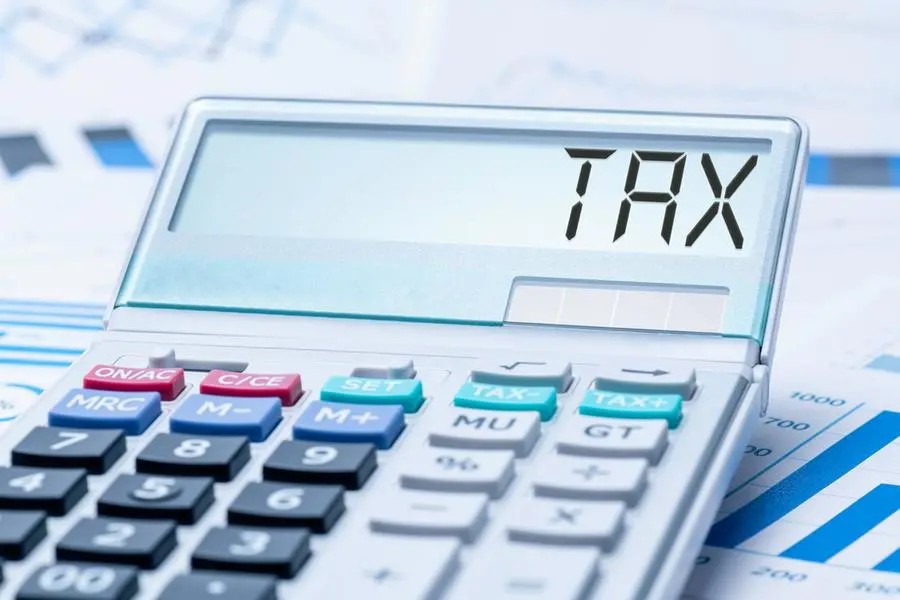PHOTO
The federal tax on corporations and business profits will come into effect for financial years starting on or after June 1, 2023.
The UAE last year announced that it would levy a nine per cent corporate tax on companies with a profit of Dh375,000 and above, hence, requiring them to enrol for tax registration. The UAE’s corporate tax will be one of the lowest in the world.
Below is a complete detail that companies and individuals need to know about the tax. However, some laws will require further explanation and clarification, hence, companies and individuals need to consult experts on those topics.
What is corporate tax?
Sometimes referred to as corporate income tax or business profit tax, this is a direct tax levied on the net income of corporations and other businesses.
What is the corporate tax rate?
Tax will be levied at a headline rate of 9 per cent on taxable income exceeding Dh375,000.
Is the 9% corporate tax rate high?
No. It is one of the lowest rates in the world. Some countries have levied nearly 30 per cent corporate tax.
Why corporate tax is being levied?
The tax is being introduced to accelerate the country’s development and transformation. The certainty of a competitive corporate tax regime that adheres to international standards, together with the UAE’s extensive network of double tax treaties, will cement the UAE’s position as a leading jurisdiction for business and investment.
Who is subject to corporate tax?
This tax applies to “Taxable Persons” – namely (1) UAE companies and other juridical persons that are incorporated or effectively managed and controlled in the UAE; (2) natural persons (individuals) who conduct a business or business activity in the UAE as specified in a Cabinet Decision; and (3) non-resident juridical persons (foreign legal entities) that have a permanent establishment in the UAE.
Who is exempted from the corporate tax?
Under the Ministry of Finance’s directive, the following entities are exempted from the corporate profit tax: Government and government-controlled entities; extractive businesses and non-extractive natural resources businesses; quality public benefit entities; public or private pension and social security funds; qualifying investment funds; wholly-owned and controlled UAE subsidiaries of a government-controlled entity; qualifying investment fund, or a public and private pension or social security fund; business undergoing liquidation or termination; personal income earned from employment, investments, and real estate without licensing requirements. Salary (perks, allowances and bonuses), residential rental income on real estate, and investment income (from bonds, shares, and other securities) are not taxable. Some of these exemptions are subject to meeting certain conditions. Freelancers' income up to Dh1 million is exempted.
What expenses are deductible from corporate tax?
All legitimate business expenses incurred wholly and exclusively to derive taxable income will be deductible, although the timing of the deduction may vary for different types of expenses and the accounting method applied. For capital assets, the expenditure would generally be recognised by way of depreciation or amortisation deductions over the economic life of the asset or benefit.
Will the withholding tax rate apply to UAE-sourced income?
A zero per cent withholding tax may apply to certain types of UAE-sourced income paid to non-residents. Because of the 0 per cent rate, in practice, no withholding tax would be due and there will be no withholding tax-related registration and filing obligations for UAE businesses or foreign recipients of UAE-sourced income.
How about the tax group?
Two or more taxable persons who meet certain conditions can apply to form a “tax group” and be treated as a single taxable person for corporate tax purposes. To form a Tax Group, both the parent company and its subsidiaries must be resident juridical persons, have the same financial year and prepare their financial statements using the same accounting standards.
How to calculate the taxable income of a tax group?
To determine the taxable income of a tax group, the parent company must prepare consolidated financial accounts covering each subsidiary that is a member of the tax group for the relevant tax period. Transactions between the parent company and each group member and transactions between the group members would be eliminated to calculate the taxable income of the tax group.
When to register, file and pay corporate tax?
All taxable persons (including free zone persons) are required to register for corporate tax and obtain a registration number. Taxable Persons are required to file a tax return for each tax period within 9 months from the end of the relevant period. The same deadline would generally apply for the payment of any corporate tax due in respect of the tax period for which a return is filed.
Copyright © 2022 Khaleej Times. All Rights Reserved. Provided by SyndiGate Media Inc. (Syndigate.info).





















